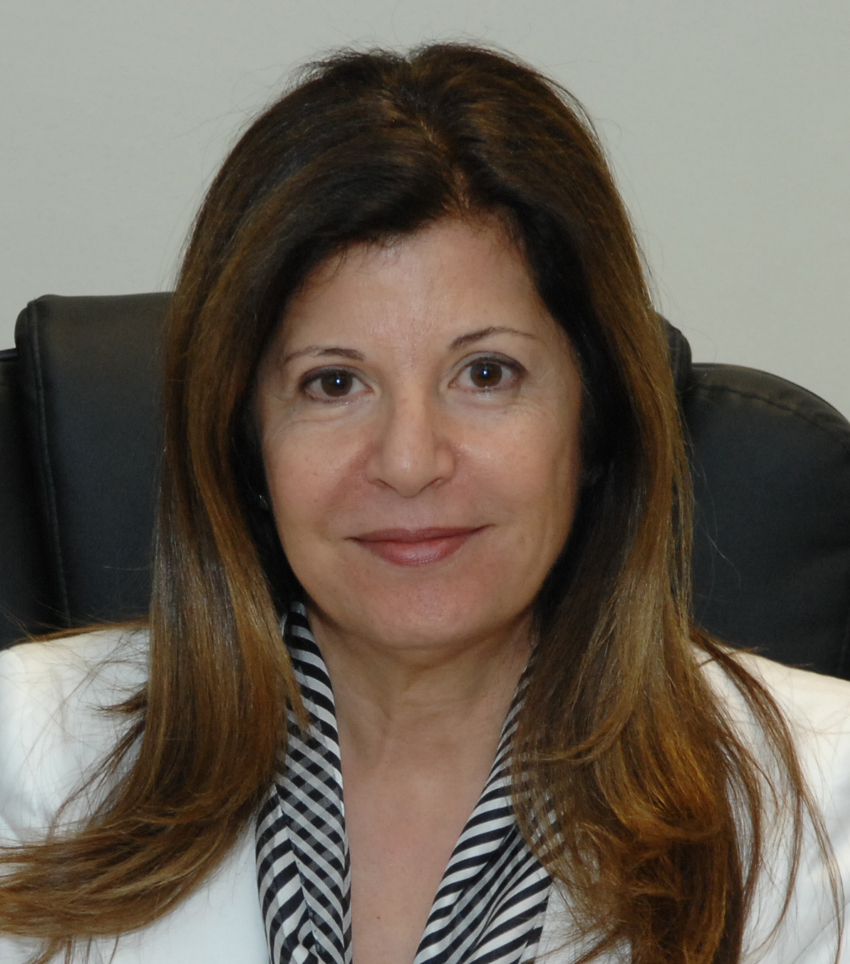![The headquarters of the Kuwait Institute for Scientific Research in Kuwait City. [Photo provided]](/sites/default/files/inline-images/web_kisr_new_building_photo.jpg) The Kuwait Institute for Scientific Research (KISR) has come a long way in its five decades of supporting scientific research and technological development at home.
The Kuwait Institute for Scientific Research (KISR) has come a long way in its five decades of supporting scientific research and technological development at home.
At the dawn of the institute’s work in 1967, the organization began by conducting research on Kuwait’s petroleum and agriculture. But there’s so much more to what they do. Now, on the cusp of its 50th anniversary, KISR has grown to support over 150 laboratories, managed through four research centres. These state-of-the-art, internationally standardized laboratories combine to run about 200 active projects in any given year. KISR also provides consultation services for labs across the country to improve their management and productivity.
But most importantly, KISR focuses on science with a direct effect on real-world problems, particularly in fields connected to pressing challenges in Kuwait, suchs as its rapidly growing population and increasing demand for power, food and clean water. The institute’s researchers are developing new technologies to increase Kuwait’s drinkable water supply, an initiative to strengthen renewable energy sources in the country, and a programme to keep the country’s fish supply strong and sustainable. By producing economically relevant technologies, KISR brings the benefits of science directly into people’s lives, says Director General Samira Omar.
 “Our goal is to maximize the country’s social and economic development and contribute to the advancement of industry while protecting the environment. Our researchers also bring an understanding of technological options and the implications for policy adoption,” Omar said in an interview.
“Our goal is to maximize the country’s social and economic development and contribute to the advancement of industry while protecting the environment. Our researchers also bring an understanding of technological options and the implications for policy adoption,” Omar said in an interview.
Omar was appointed director general of KISR in February 2016, after some 40 years with the institute. She served as director of its food resources and marine sciences division from 2001 to 2013, and has led projects that monitor and evaluate the ecosystems of deserts, inventories of natural resources, the restoration of arid ecosystems, wildlife management and sustainable land-use planning. She also headed a national rehabilitation programme that resulted in a nearly US$3 billion environmental compensation award to the state of Kuwait.
She was elected to TWAS in 2015 and, at the Academy’s 2015 General Meeting in Vienna, she was elected treasurer. She also serves as the Arab Region vice president of TWAS’s partner organization, the Organization for Women in Science for the Developing World.
Omar explained that KISR is a partially independent government research institute responsible for research and development in the country. “We have over 1,000 employees and most of them – about 79% – are Kuwaitis,” she said.
As part of the move to create technologies that are in public demand, they are working on developing commercially marketable products. For example, a KISR aquaculture project is producing local fish that are in high demand.
KISR’s Environment and Life Sciences Research Centre recently finished a campaign to release 126,000 local fish called the shaoum and the subaiti in the country’s regional waters in the Persian Gulf. The fish had been bred in the centre’s aquaculture lab in Salmiya, Kuwait, which is capable of producing over 120,000 fish every fishing season. The fish were released daily in various spots along Kuwaiti coasts.
“We succeeded in developing know-how on growing the local fish, which is very difficult anywhere in the world,” Omar said. They’re trying to use their new knowledge to establish a local company. The institute is also exploring similar projects, including one producing high-quality date palm trees using cells gathered from living tissue, and another project focused on producing shrimp.
KISR also has an innovative new water project: It pumps sea water through a locally developed salt-straining membrane to produce fresh water, and then bottles the water for sale. That’s a promising initiative in a desert nation with a high level of water stress.
“Kuwait depends a lot on desalination of seawater, but we also develop these membranes for shallow water wells,” said Omar. “We remove the salination to make it suitable for drinking, and now it’s been operating for many years.”
The institute also takes advantage of a wide range of global links to support its scientists on myriad projects.
“Our international collaboration has been emphasized in the last few years by establishing a unit in our organization to develop a network of contacts with organizations worldwide,” she said. “So far, we have been successful in developing collaboration with governments in Korea, and in the U.S., with NASA and universities like Berkeley.”
But the organization’s partnerships are also moving in a private direction. Their focus on developing products that can both boost the economy and meet local needs has attracted the eye of companies such as IBM as a potential partner in the future, though Omar noted that talks with IBM are very preliminary.
“We’re interested in developing technology, and developing systems and sensors,” said Omar. “We are looking at the future now and I see a bright one for my institute and my country. All the elements of success are within our reach and with our dedicated scientists and staff I am optimistic we will make headway in the years to come.”
Sean Treacy

